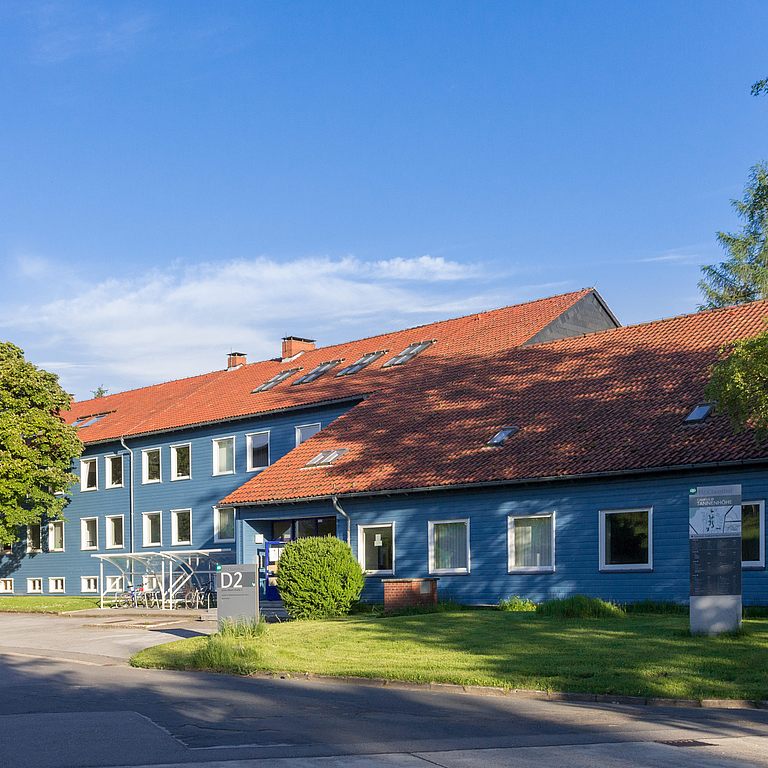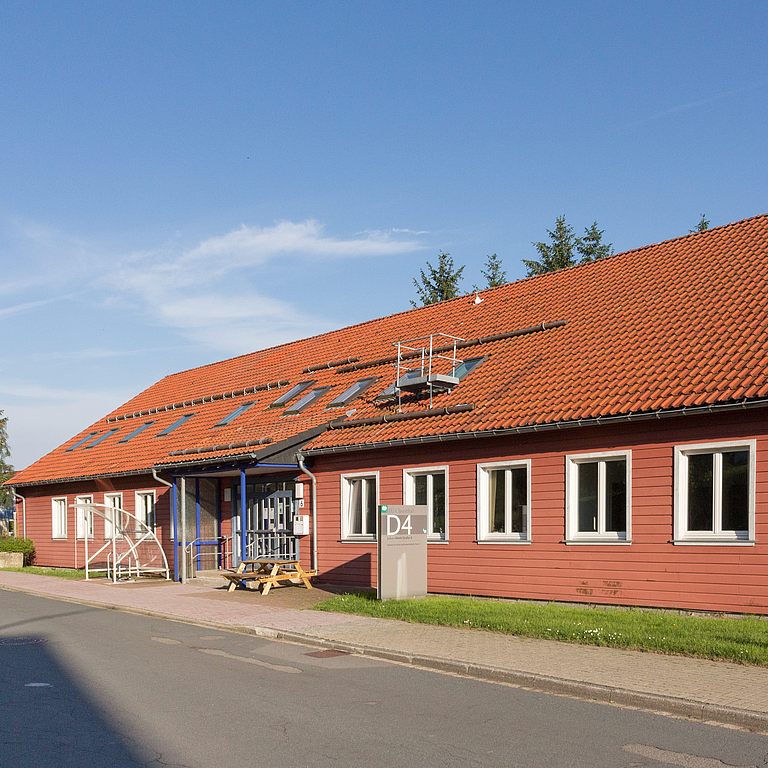Lectures and courses
Courses
The following outlines the department's course offerings with their learning objectives or the competencies to be acquired:
- Introduction to Cost and Profitability Accounting: Students gain in-depth knowledge of specific methods and tools in cost and investment accounting, which they can apply to specific scenarios and evaluate their possibilities and limitations. Additionally, they are capable of making price and investment decisions for economic issues in companies.
- Decision Theory: Students are familiar with decision-making methods in both individual and collective contexts. They are able to derive and evaluate recommendations based on methods of prescriptive decision theory. Participating in decision experiments, they also understand typical deviations of actual decision-making behavior from behavior predictions based on prescriptive decision theory methods. Students have an essential basis for designing and evaluating complex corporate concepts such as control and incentive systems.
- Investment & Financing: Students master the fundamental methods of investment calculation and are able to theoretically substantiate them and adapt them to practical problems. They are familiar with instruments of financial and risk management and know models of capital market theory. Upon completion this module, students have problem-solving competence for investment and financing decisions wirhin companies.
- Sustainability Management: Students are able to classify, apply, and evaluate approaches to sustainability accounting. They are familiar with non-monetary methods of ecological and sustainability accounting such as LCA and are skilled in documenting and analyzing environmental costs. Moreover. they know approaches to positioning strategic product programs considering ecological and social aspects. In operational environmental management, students have knowledge of models for environmentally oriented production planning, transportation and tour planning, inventory management and can use these in relevant decision areas in prctice. They are able to set up corresponding optimization models and select suitable solution methods or heuristics. After completing the module, students are also familiar with elements of certification in the environmental and sustainability sector.
- PdD Seminar: During the semester, ther are regular meetings of researchers from the experimental economics research focus. Here, PhD candidates have the opportunity to report on the status of their work, interim results, and difficulties in dissertation work. Research ideas and results from planned publications in scientific journals or from third-party funded projects are also presented. Master's students can also participate in the seminar and present their findings from their thesis work. Guest lectures or discussion contributions from researchers of other universities are also brought in. The PhD Seminar provides a forum for constructive exchange across various "generations" (students, PhD candidates, post-doctoral candidates, junior group leaders, and professors).
- Business Simulation Game: The business simulation game is an essential preparation for the internship. Participants of the game experience the interconnected aspects in a fictitional company firsthand, especially the conflicts of objectives that arise systematically in the management of a company. They recognize the advantages, but also the problems of teamwork, as the inividual groups formed act as "the board of their company" and must "stand up" for their decisions and results. They realize that in many situations, it is necessary to sensibly condense information to make good decisions even under time pressure. During the internship, students gain insight into professional activities in companies or organizations both domesically and abroad. They dgather practical and business-relevant experience and actively apply the theoretical and analytical knowledge acquired during their studies. The students are enabled to specify their personal choice of a professional field and learn about the structures and hierarchies in the industrial and business world.
Informations and materials on the current courses offered by the department can be found in the course catalog (study portal) and in StudIP.
Winter Semester:
Number | Course | SWS |
W 6731 | Sustainability Management | 4 |
W 6730 | Investment and Financing | 4 |
W 6672 | PhD Seminar | 1 |
Summer Semester
Number | Lecture | Semester hours per week |
S 6732 | Decision Theory | 4 |
S 6601 | Introduction to Cost and Profitability Accounting, Business Administration II | 2 |
S 6672 | PhD Seminar | 1 |
S 6636 | Business Simulation Game | 2 |
S 6635 | Seminar on Business Administration | 2 |
![[Translate to English:] [Translate to English:]](/fileadmin/_processed_/a/6/csm_Frohe_Weihnachten._und_ein_gutes_neues_Jahr_85a4bc8b6f.png)

